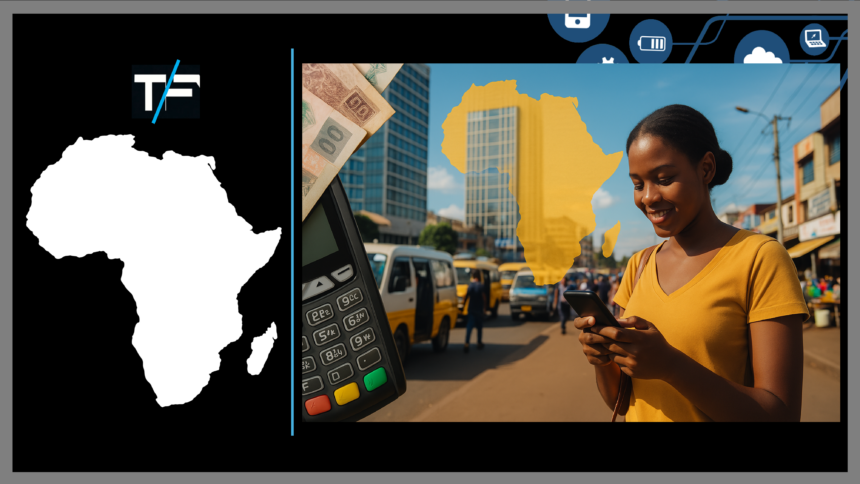Africa is continuing to make huge strides in digital transformation, increasing trade, payments, and infrastructure investments. These developments open doors for businesses, entrepreneurs, and consumers across the continent. From free Wi-Fi networks in Johannesburg to next-gen debit cards and efforts to enhance intra-African trade, Africa is becoming a hub for innovation and growth. These initiatives are not just about technology—they’re reshaping how business is done and driving regional economic development.
What’s Happening & Why This Matters
The African Continental Free Trade Area (AfCFTA) is taking bold steps to support intra-African trade with the launch of its 2025 Digital Innovation Challenge. The challenge is to encourage young African entrepreneurs to develop digital solutions to address barriers to cross-border trade for micro, small, and medium-sized enterprises (MSMEs). Open to entrepreneurs aged 18 to 35, this initiative invites participants to propose innovative digital solutions in market intelligence, e-commerce platforms, logistics, financial services, and entrepreneurial training. By supporting MSMEs, the AfCFTA is working to unlock the potential of local businesses and create new opportunities for growth across Africa.

In a separate effort, Johannesburg has launched its free Wi-Fi network at Rea Vaya stations, making a significant step toward digital inclusion. With 35 stations already equipped and more on the way, Joburg Free Wi-Fi allows commuters to use their transit time more productively. The initiative is spearheaded by MTC, Johannesburg’s digital infrastructure arm, and is part of a broader push to modernize public services and make cities more connected. This project not only enhances urban mobility but also supports the city’s goal of boosting digital accessibility for residents.
On the financial side, PalmPay Nigeria is advancing financial inclusion by launching its next-gen debit card. Unveiled at Tech Unite Africa 2025, this PalmPay Debit Card is part of the company’s broader effort to offer seamless, secure, and accessible banking solutions to Nigerians and other Africans. As a leading fintech player in Africa, PalmPay has grown rapidly since its launch in 2018. The debit card will make digital banking more convenient for people often underserved by traditional financial institutions, helping expand financial services across the continent.

These efforts—spanning digital trade solutions, financial services, and urban connectivity—show the tremendous potential for Africa to grow economically through innovation. As more initiatives like these take shape, the continent’s digital infrastructure will continue improving, offering new opportunities for business owners and consumers. Africa’s tech ecosystem is becoming increasingly important in the global economy.
TF Summary: What’s Next
Continued investment in digital infrastructure and financial services will be crucial to Africa’s economic development. Initiatives like the AfCFTA Digital Innovation Challenge, free Wi-Fi in Johannesburg, and PalmPay’s new debit card will empower entrepreneurs and small businesses, opening doors for increased regional trade and economic cooperation. In the next phase, we can expect further efforts to scale these solutions, focusing on improving logistics, expanding financial services, and addressing the remaining challenges to cross-border trade. As these efforts unfold, they could dramatically change the African economy, positioning it as a leading digital hub in the global market.
— Text-to-Speech (TTS) provided by gspeech


